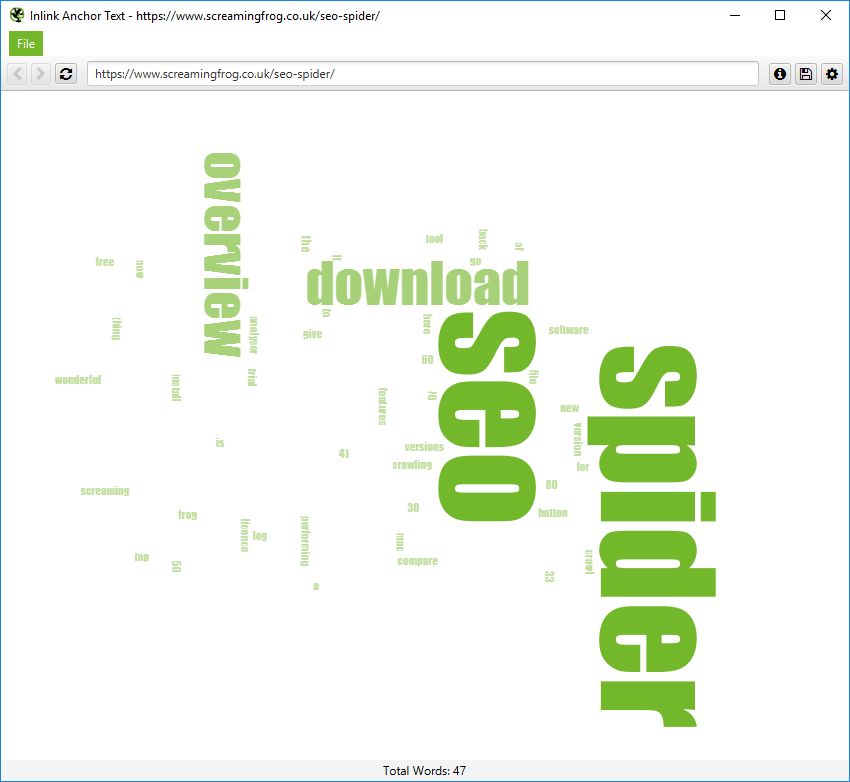

Swapping semi-colons for hyphens creates important white space on the page and allows for natural pauses in speech to emphasise each part of the sentence.īreak text up into short 1-2 sentence blocks. This doesn’t mean you should be intentionally breaking grammar rules but having freedom with punctuation can break up text and create a conversational tone.įor example, readers may be intimidated by semi-colons – I know it sounds silly but they’re formal and can interrupt the flow of the reader’s natural rhythm. No one’s scoring the writing on your website. Leave unnecessary adjectives out of your writing. “London has seen a major explosion in the number of vegan restaurants this past year.”Ī major explosion? What explosion isn’t major? The word ‘explosion’ speaks for itself.

Well, it’s not going to be slightly important, is it?Īdjectives have their place – especially in product descriptions and fiction writing – but ask yourself, are they giving the reader something they don’t already know? Words like ‘very’ and ‘fairly’ offer little extra meaning. We know readers have short attention spans, so why waste our brief chance to engage them on words that add no value? The power of wordsĪ respected copywriter said, “writing for the sake of words is copywriting death” (Jack Prouse, 2020). You wouldn’t say ‘in addition’ or ‘moreover’ out loud, so don’t use them in writing.Ĭontractions (‘can’t’, ‘won’t’, ‘doesn’t’ etc) help build the rhythm of natural speech and sound friendly and conversational compared with their longer forms. With online writing, you’re not trying to impress a teacher. If starting a sentence with a conjunction like ‘and’ or ‘but’ sounds natural, go with it.ĭon’t use words you wouldn’t say when speaking to someone. And be flexible with what you learned at school. Vary sentence length to replicate how you speak. Writing needs to have rhythm and sound chatty. They don’t want to trip over clunky sentences and jargon. Readers are ‘talking through’ our writing, so it needs to sound natural. This tells us our writing needs to replicate speech. Have you ever noticed your mouth moves when you read? Your lips and internal muscles in the tongue and larynx twitch as we scan text. Then, give them the information they need in as few words as possible. Place key information at the top of the page so users know what to expect. Q&As and bullet points are ideal for highlighting key product features and explaining your brand or service. This makes it simple for users to navigate. Use headings to break up information and give each tip or theme its own paragraph. They don’t need to know you discovered your favourite spice on a trip to Sri Lanka in the summer of 1999. Thick paragraphs are daunting to those who only searched ‘how to cook steak’. They want to find information easily, whether it’s product spec, breaking news or instructions. Online readers want bite-sized tips and instructions. They know they can find something more engaging or insightful elsewhere, at the touch of a button.Īvoid long sentences, chunky paragraphs and complex language. People simply can’t be bothered with things that don’t hold their attention. The human attention span is now just 8 seconds. Google Analytics tells you about your audience’s age, gender, interests and the device they’re using – but there’s something else you need to know about the online reader.

A bit about online readersīefore you write anything, you need to know who you’re writing for. These are my tips for effective online copywriting.

So, how do you make your writing better? Slip in rhetorical questions to set you up to introduce your topic? Sometimes. It engages readers, helps them move around your site and convert. The potential of online copy shouldn’t be overlooked.


 0 kommentar(er)
0 kommentar(er)
